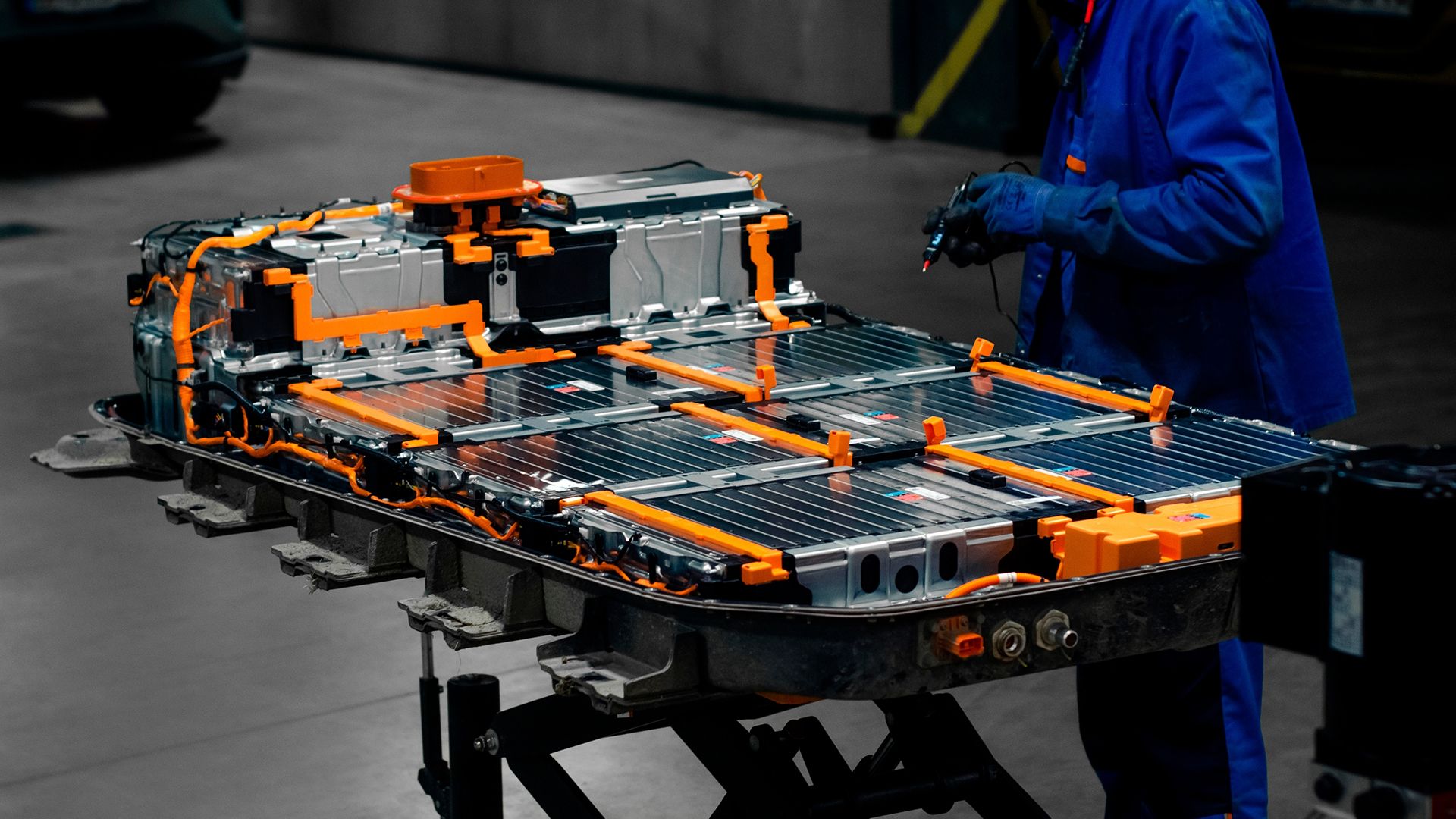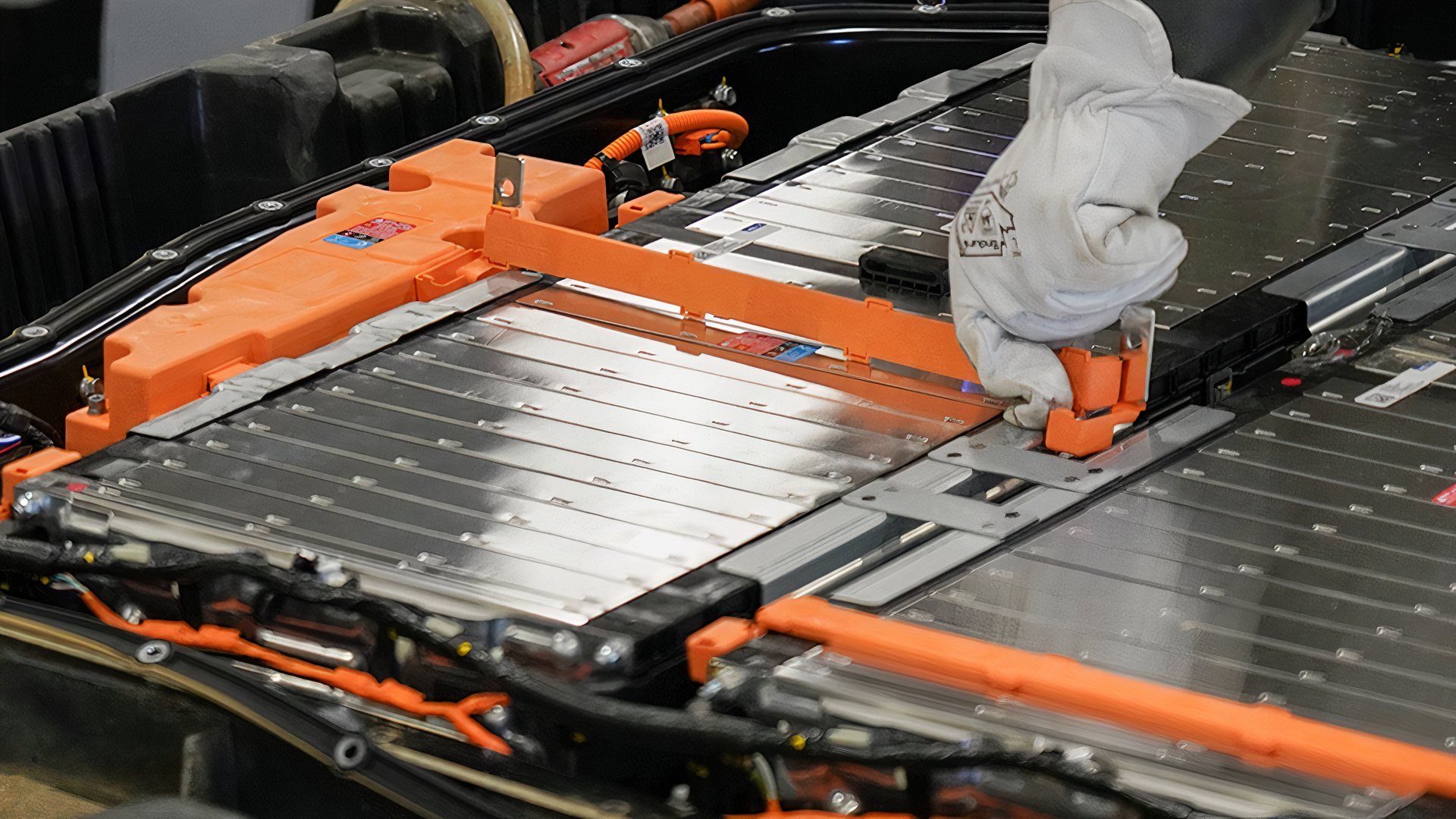Electric vehicles offer numerous benefits over their combustion-powered counterparts. EVs are mechanically simpler, require far less maintenance, provide instant off-the-line torque and, in the long run, are appreciably better for the environment. Despite their numerous advantages, electric vehicles are still far from a magic bullet solution to end the world’s woes.
Even today’s most advanced battery designs, for instance, are a major weak link. These packs are enormously heavy, cost a fortune to build, often contain a mélange of materials collected by exploited people, there are recyclability issues, and, historically, longevity has been a major worry. According to a recent study, however, that last point may not be as big a concern as initially thought.

Related
Trump Reverses U.S. Course On Electric Vehicles
The president wasted no time signing a flurry of executive orders on his first day back in office.
A “Shocking” Discovery (Yes, Pun Intended)
Last month, researchers from the SLAC-Stanford Battery Center concluded that electric vehicle batteries last about one-third longer than initially thought when used in real-world conditions, that is, sitting for long periods, driving on the highway, navigating heavy traffic, and zipping around town. This is potentially fantastic news for EV owners who are concerned about battery degradation because it means they don’t have to worry about their car or truck losing huge amounts of range as miles and years accumulate.
So, why are today’s lithium-ion batteries proving to be more robust than engineers and researchers initially thought? In short, it all has to do with how these energy reservoirs are tested. In the lab, batteries are evaluated by discharging them at a constant rate and then recharging them again, a process that is repeated rapidly over many cycles to really stress the pack’s design and chemistry. This has proven to be an extremely rigorous regimen, one that’s not necessarily representative of normal use.
“We’ve not been testing EV batteries the right way,” said Simona Onori in an article published by Stanford University. She’s a senior author and an associate professor of energy science and engineering at the Stanford Doerr School of Sustainability.
“To our surprise, real driving with frequent acceleration, braking that charges the batteries a bit, stopping to pop into a store, and letting the batteries rest for hours at a time, helps batteries last longer than we had thought based on industry-standard lab tests,” said Onori. In short, normal, everyday use is far less damaging to battery packs than laboratory testing, a happy discovery.

Add TopSpeed to your Google News feed.
How They Got These Results
To come up with these results, scientists designed four different battery discharge programs. These run from the standard discharge and recharge test to ones based on real-world driving. In total, they tested 92 commercial lithium-ion batteries for more than two years, and the more realistic the discharge profile, the longer the battery lasted. Beyond that, researchers also discovered that while driving an EV, sharp, short acceleration degrades batteries at a slower rate. It was previously held that slower, smoother driving was better for longevity, but surprisingly, this is not the case
In the same article, Alexis Geslin, a Ph.D. student said, “We battery engineers have assumed that cycle aging is much more important than time-induced aging. That’s mostly true for commercial EVs like buses and delivery vans that are almost always either in use or being recharged,” but this is not the case for normal drivers. He also noted, “For consumers using their EVs to get to work, pick up their kids, go to the grocery store, but mostly not using them or even charging them, time becomes the predominant cause of aging over cycling.”
Regardless of the testing vagaries or driving recommendations, this is great news for everyday motorists. Having batteries last one-third longer than expected is just another advantage of electric vehicles.

